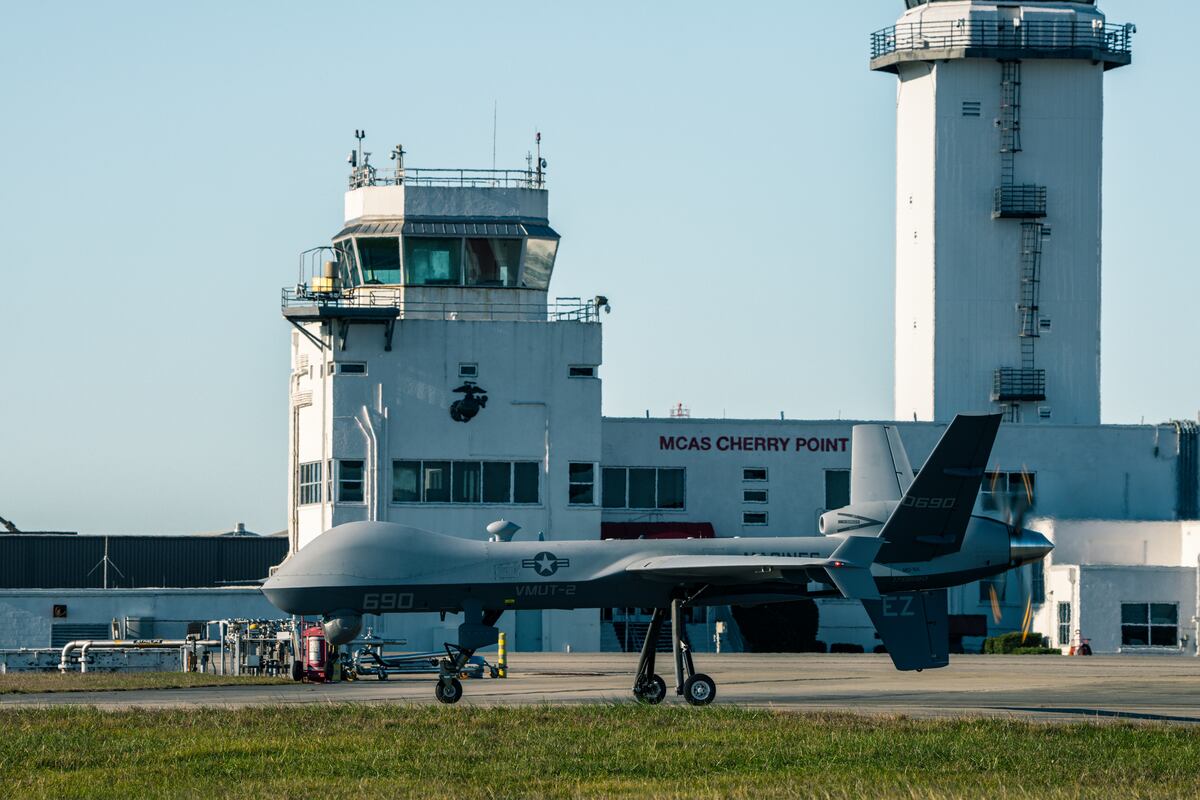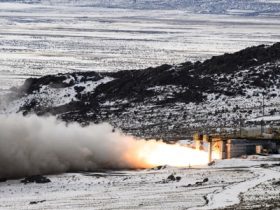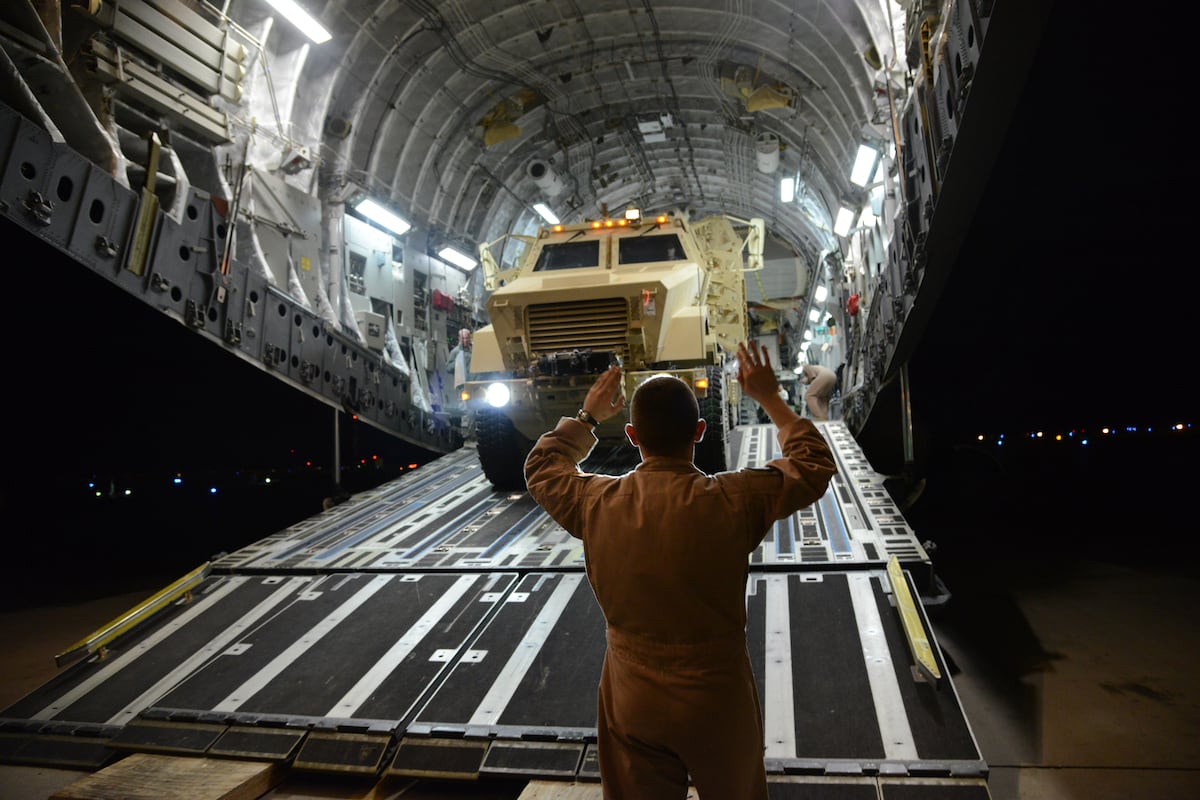East Coast Marines will soon have their own MQ-9A Reaper drone training unit after recently completing a successful flight of the platform at Marine Corps Air Station Cherry Point, North Carolina.
The Marine Unmanned Aerial Vehicle Training Squadron, or VMUT 2, Marine Aircraft Group 14, 2nd Marine Aircraft Wing conducted the unit’s first Reaper flight on Nov. 21, according to a release.
“This achievement is more than a technical success — it represents a bold step forward in the future of unmanned aerial systems within the Marine Corps,” said Lt. Col. Jonathan Boersma, VMUT-2 commander.
The unit transitioned from an operational RQ-21A Blackjack drone squadron to the Corps’ Reaper Fleet Replacement Squadron in July 2023, according to the release. The unit will now work to build up a full squadron of Reaper drones, pilots, maintenance and support staff.
Over the past five years the Corps has gone from leasing a handful of Reaper drones to building a training school, standing up an operational squadron and implementing a series of upgrades to stretch the capabilities of the platform.
The program, known as the Extended Range Marine Air-Ground Task Force Unmanned Expeditionary Medium-Altitude, High-Endurance aircraft, or MUX, was previously part of a larger “do-it-all” drone concept the Marine Corps sought to employ to quarterback all elements of the battle through sensors and communications links.
The MUX program seeks to use a single drone to conduct, coordinate and relay reconnaissance, counter-reconnaissance, communications, electromagnetic attack and conventional strike missions.
But the original request for a new, purpose-built drone stalled in Congress, which pushed the Marines to use the legacy Reaper platform to test the new concepts.
Though the Reaper drone has been in service for decades, the Corps previously leased the platforms from General Atomics until the service acquired its first Reaper in 2021 at Unmanned Aerial Vehicle Squadron 1, 3rd Marine Aircraft Wing in Yuma, Arizona.
The Air Force has operated the MQ-9 since 2007, and as of 2021 had more than 300 of them in its inventory. Earlier this year, the Corps had 10 Reapers in its fleet, with another 10 scheduled for delivery in fiscal year 2025.
The MQ-9 has a maximum takeoff weight of 10,500 pounds, and a payload capacity of 3,000 pounds. The drone can fly a maximum distance of 2,250 nautical miles. Its maximum flight time is 27 hours, according to Navy data.
The Marines established the 7318 military occupational specialty for MQ-9 pilots in 2020. Within two years the service had trained 38 drone pilots. In December 2023, the Corps announced it had trained 100 pilots for the MQ-9.
The MQ-9 is the Corps’ first Group 5 drone, which denotes a drone heavier than 1,320 pounds and one with an altitude capability of 18,000 feet and above.
In 2022, as the service acquired its first Reapers and trained pilots, then-Commandant Gen. David Berger announced that the Corps would stand up its first Reaper squadron in Hawaii and build out six unmanned aerial squadrons.
In August 2023, Marine Unmanned Aerial Squadron-3 at Kaneohe Bay, Hawaii became the first squadron to reach initial operational capability.
Todd South has written about crime, courts, government and the military for multiple publications since 2004 and was named a 2014 Pulitzer finalist for a co-written project on witness intimidation. Todd is a Marine veteran of the Iraq War.
Read the full article here








Leave a Reply